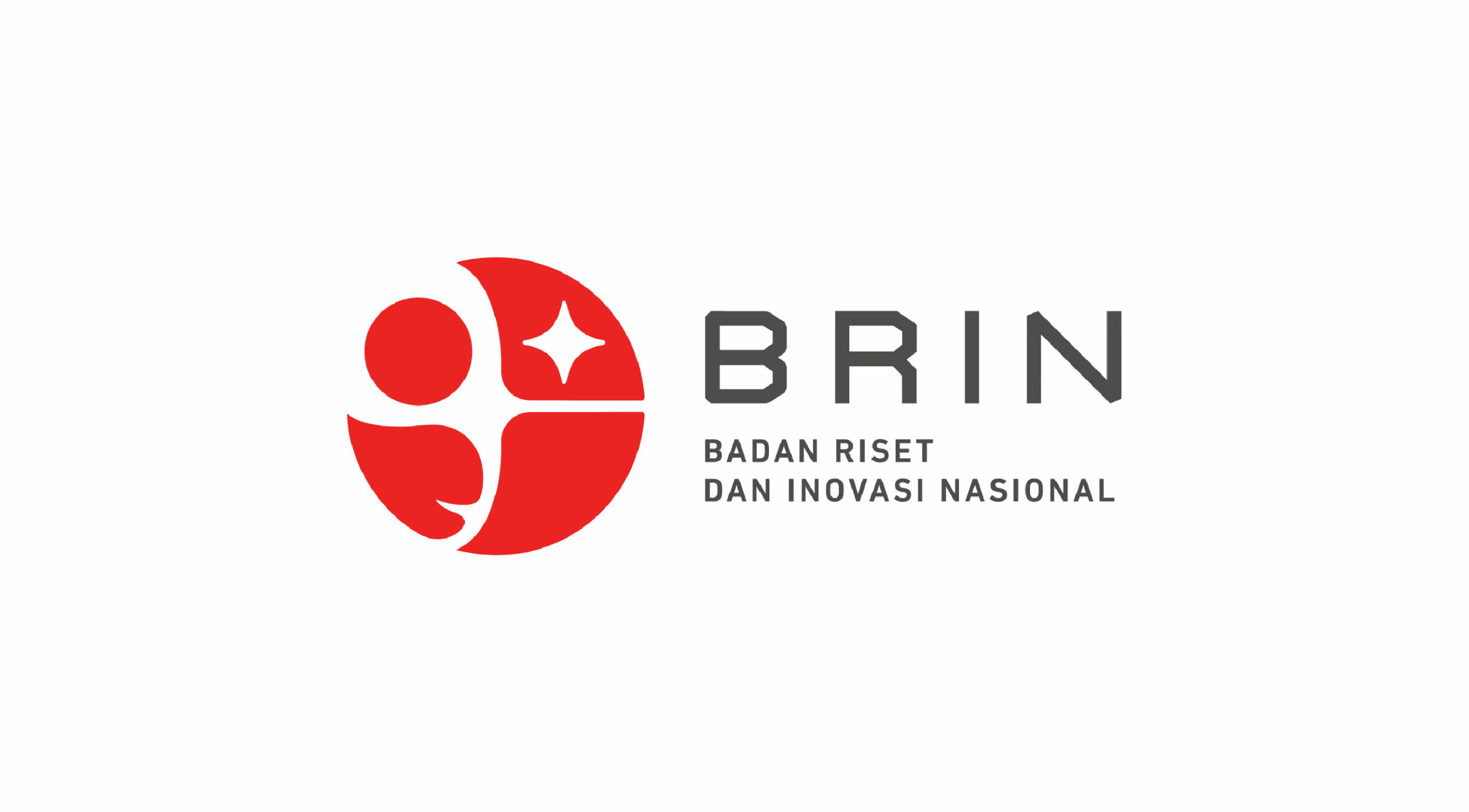Development of Students' Psychological Flexibility Instruments: Islamic Perspectives
DOI:
https://doi.org/10.33752/tjiss.v5i2.8481Keywords:
Psychological Flexibility, Rasch Model, College Students, Guidance and CounselingAbstract
This research aims to develop an instrument of psychological flexibility of students based on an Islamic perspective. The research uses a method of instrument development with a descriptive quantitative method. Data collection was carried out through psychological flexibility instruments in Islamic perspective students with 168 respondents. The instrument of psychological flexibility in students was developed based on the theory in Islamic psychology developed by the figures Al Ghazali, Ibn Sina, and Ibn Arabi. The results of the field test of the psychological flexural instrument were analyzed using the RASCH measurement model and Winstep software. Based on the results of the Item Fit Order Test, it is known that of the 60 items, the results of the Item and Person Reliability Test are in the ideal range (+0.5 logit to +1.5 logit) which is 0.95 and 0.88 which are in the very good category and meet the measurement requirements. In addition, the results of the Unidimensionality Test showed good unidimensionality (25.5%), where the raw variance index was above the threshold of 20%. This indicates that this instrument can accurately measure students' psychological flexibility. The results of this study can be considered in the use of psychological flexibility instruments among students, which can then be continued with the formulation of the right guidance and counseling model in increasing psychological flexibility.
Downloads
References
Aithal, Architha, and P S Aithal. 2020. “Development and Validation of Survey Questionnaire & Experimental Data–a Systematical Review-Based Statistical Approach.” International Journal of Management, Technology, and Social Sciences (IJMTS) 5 (2): 233–51.
Alfain, Shinta Nuriya Idatul, Achmad Khudori Soleh, and Muhammad Rafi Yamani. 2023. “The Role of Patience in Coping Mental Problems: A Quranic Perspective.” Tribakti: Jurnal Pemikiran Keislaman 34 (2): 195–212.
Aprilianti, Eka. 2024. “Integrating Islamic Psychological Principles in Enhancing Students’ Academic Resilience.” Nusantara Journal of Behavioral and Social Sciences 3 (2): 63–72.
Arslan, Gökmen. 2024. “Unlocking the Power of Self-Compassion and Psychological Flexibility: Enhancing Emotional Health, Subjective Wellbeing, and Quality of Life in College Students.” Studia Psychologica 66 (1): 50–65.
Arslan, Gökmen, and Kelly-Ann Allen. 2022. “Exploring the Association between Coronavirus Stress, Meaning in Life, Psychological Flexibility, and Subjective Well-Being.” Psychology, Health & Medicine 27 (4): 803–14.
Chanifah, Nur, Yusuf Hanafi, Choirul Mahfud, and Abu Samsudin. 2021a. “Designing a Spirituality-Based Islamic Education Framework for Young Muslim Generations: A Case Study from Two Indonesian Universities.” Higher Education Pedagogies 6 (1): 195–211.
———. 2021b. “Designing a Spirituality-Based Islamic Education Framework for Young Muslim Generations: A Case Study from Two Indonesian Universities.” Higher Education Pedagogies 6 (1): 195–211.
Çınaroğlu, Metin. 2024. “A Tale of Resilience and Faith: Understanding Grief Through Islamic Coping Mechanisms.” Spiritual Psychology and Counseling 9 (2): 169–86.
Ezz, Ashi. 2024. Muhammad: Lasting Resilience Model. Dr Ashi Ezz.
Foroozanfar, Abdolah. 2020. “Positive Psychology and the Qur’an: A Comparative Study of the Constructs of Hope, Resilience, and Forgiveness.” Iranian Evolutionary Educational Psychology Journal 2 (3): 208–24.
Haeny, Angela M, Joel A Lopez, Pamela A Colón Grigas, Maria C Crouch, Alan K Davis, and Monnica Williams. 2023. “Investigating the Associations of Acute Psychedelic Experiences and Changes in Racial Trauma Symptoms, Psychological Flexibility, and Substance Use among People with Racial and Ethnic Minoritized Identities in the United States and Canada.” Journal of Substance Use and Addiction Treatment 149:209035.
Hassan, Amany Abdultawab Saleh. 2023. “The Components of the Spiritual Intelligence Predicting the Mental Toughness and Emotional Creativity for the University Students.” Education Research International 2023 (1): 1631978.
Lubis, Syahid Izharuddin, and Agnes Sianipar. 2022. “How Religious Tolerance Can Emerge among Religious People: An Investigation on the Roles of Intellectual Humility, Cognitive Flexibility, and Trait Aggressiveness.” Asian Journal of Social Psychology 25 (2): 276–87.
Pramana, Cipta, Dina Chamidah, Suyatno Suyatno, Faiza Renadi, and Syaharuddin Syaharuddin. 2021. “Strategies to Improved Education Quality in Indonesia: A Review.” Turkish Online Journal of Qualitative Inquiry 12 (3).
Saritoprak, Seyma N, Julie J Exline, and Hisham Abu-Raiya. 2020. “Spiritual Jihad as an Emerging Psychological Concept: Connections with Religious/Spiritual Struggles, Virtues, and Perceived Growth.” Journal of Muslim Mental Health 14 (2).
Sujati, Heronemus, and Muhammad Akhyar. 2020. “Testing the Construct Validity and Reliability of Curiosity Scale Using Confirmatory Factor Analysis.” Journal of Educational and Social Research 20 (4).
Sukmayadi, Vidi, and Azizul Yahya. 2020. “Indonesian Education Landscape and the 21st Century Challenges.” Journal of Social Studies Education Research 11 (4): 219–34.
Sumintono, Bambang. 2014. “Model Rasch Untuk Penelitian Sosial Kuantitatif.”
Zarvijani, Seyyed Arman Hosseini, Ladan Fattah Moghaddam, and Samaneh Parchebafieh. 2021. “Acceptance and Commitment Therapy on Perceived Stress and Psychological Flexibility of Psychiatric Nurses: A Randomized Control Trial.” BMC Nursing 20:1–9.
Downloads
Published
How to Cite
Issue
Section
License
Copyright (c) 2024 Devi Ratnasari, Mamat Supriatna, Maria Oktasari, Mila Yunita

This work is licensed under a Creative Commons Attribution 4.0 International License.
Based on the license terms, users are free to:
- Share: copy and redistribute the material in any medium or format
- Adapt: mix, transform, and build upon the material for any purpose, even commercially.
- The licensor cannot revoke these freedoms as long as you follow the license terms.
Under the following terms:
- Attribution: You must give appropriate credit, provide a link to the license, and indicate if changes were made. You may do so in any reasonable manner, but not in any way that suggests the licensor endorses you or your use.
- No additional restrictions: You may not apply legal terms or technological measures that legally restrict others from doing anything the license permits.
















